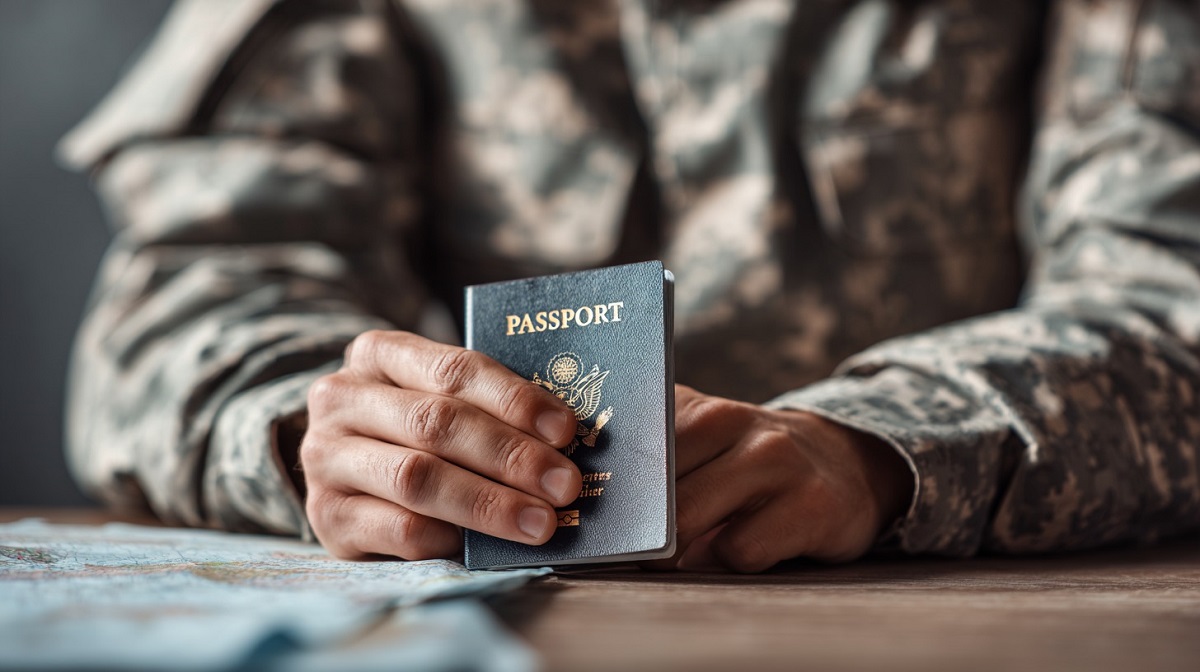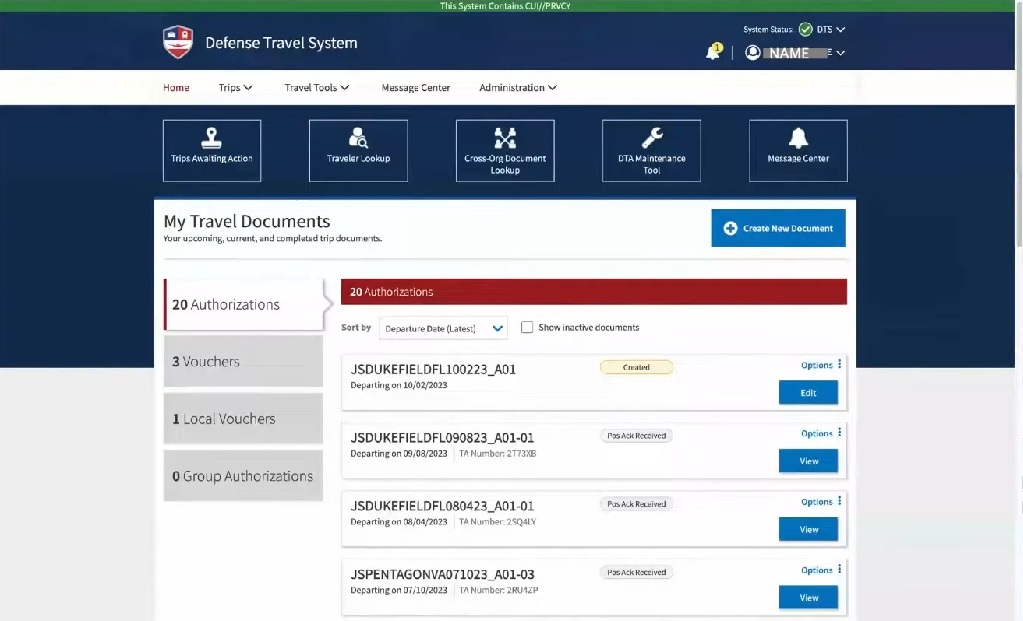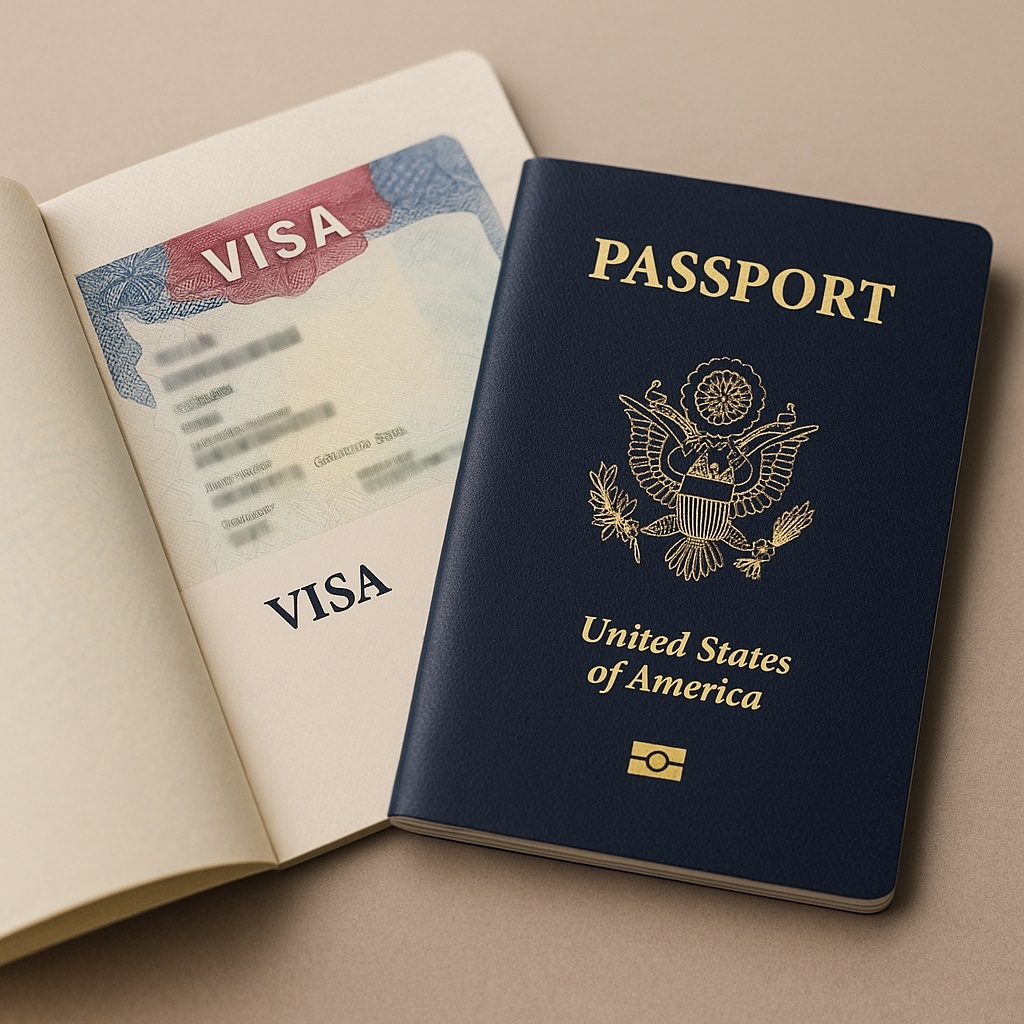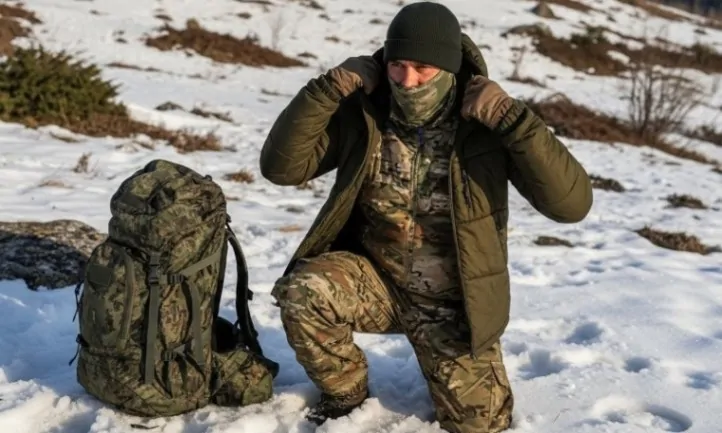Foreign travel by Department of Defense (DoD) personnel involves more than booking flights and hotels.
Regulations are put in place to ensure mission continuity, operational security, and safety.
Both official and personal travel must meet strict protocols set by DoD to prevent security breaches, ensure preparedness, and track personnel globally.
Without further ado, let us begin.
Pre-Travel Requirements
Preparing for foreign travel under the Department of Defense requires multiple layers of clearance, administrative precision, and procedural discipline.
Each step in the pre-travel process is designed to ensure accountability, fiscal responsibility, and readiness.
Personnel must begin by securing authorization and updating essential systems to reflect accurate information.
Financial tools, personal details, and operational records must all be aligned before any departure is approved.
Authorization and Travel Orders
Official travel begins with proper authorization. Service members and DoD civilians cannot move forward without completing travel orders through the Defense Travel System (DTS).
Supervisors and Authorizing Officials (AOs) are required to validate the purpose, duration, and structure of the proposed travel.
Steps involved include:
- Logging into the DTS platform to initiate travel documentation
- Completing all required segments, justifications, and lodging data
- Submitting orders for review by a supervisor
- Receiving final clearance from the Authorizing Official
Without these authorizations, individuals may not receive reimbursements or government protections abroad.
Use of Government Travel Charge Card (GTCC)
Once travel is approved, attention must shift to financial readiness.
The Government Travel Charge Card (GTCC) is the official method for funding authorized expenses during DoD travel.
Issued through CitiManager, this card must be activated and set up with appropriate usage parameters before departure.
Key requirements for GTCC use:
- Activating the card prior to travel
- Setting personal identification numbers (PINs) and transaction limits
- Using the card strictly for authorized expenses (e.g., lodging, airfare, meals)
- Reviewing all charges through CitiManager for accuracy
Misuse of the GTCC not only risks disciplinary action but also disrupts financial tracking and budgetary audits. Responsible use demonstrates fiscal integrity.
Defense Travel System (DTS) Profile Updates
Before tickets are booked or lodging is confirmed, the DTS profile must reflect current and complete personal information.
Inaccuracies can result in reimbursement delays, missed flight benefits, and confusion during emergencies.
Information that must be current includes:
- Personal contact details (email, phone, mailing address)
- Banking data for reimbursement deposits
- GTCC linkage for transaction authorization
- DoD ID number for TSA PreCheck benefits
Updating the DTS profile before each trip ensures streamlined processing and protects against administrative errors during travel.
Documentation and Compliance
Proper documentation underpins a legal and secure trip.
Travelers must carry valid passports, secure the correct visas, and enroll in programs that ensure rapid embassy communication in emergencies.
Each step reinforces operational preparedness and personal safety.
Passport and Visa Requirements
Passports are not all equal. Those traveling on official orders must use government-issued no-fee passports.
Tourists must carry personal passports with sufficient validity.
Requirements for documentation:
- Passport validity: Must be at least 3 to 6 months beyond intended return date
- Visa acquisition: Must match destination, duration, and purpose
- No-fee passports: Used exclusively for official trips (unauthorized use is prohibited)
- Dual passports: Some personnel may require both types depending on duties
Delays in documentation submission often jeopardize mission timelines and cost the government unnecessary funds.
Some official assignments or long-term stationing overseas may trigger US expatriate tax obligations, requiring travelers to consult financial or legal advisors before departure.
Emergency Information
Travel plans must include redundant access to essential documents. In high-risk zones, the inability to verify identity can escalate detention or delay aid.
Recommended items to carry:
- Printed and digital copies of passport, visa, orders, and ID
- Emergency contact card with embassy, supervisor, and ATO information
- Medical and insurance documents
- Copies stored with a trusted point of contact in the U.S.
Enrolling in the Smart Traveler Enrollment Program (STEP) ensures U.S. embassies can reach travelers quickly if unrest or disasters strike.
Coordination with Security Offices
DoD mandates communication with security offices to track those who hold access to sensitive or classified information.
Travel without coordination can trigger alarms in security monitoring systems.
Security office coordination includes:
- Submission of itinerary before departure
- Approval or acknowledgment from security managers
- Reporting return date and any anomalies or foreign contacts during the trip
Travelers failing to report foreign contacts encountered while abroad may face administrative inquiries or loss of clearance.
Foreign Travel Clearance
Clearing foreign travel requires more than internal authorization.
The DoD mandates that travelers register and seek clearance through systems designed to coordinate global personnel movement and mitigate risk.
Aircraft and Personnel Automated Clearance System (APACS)
APACS serves as the primary control tool for tracking DoD travelers across foreign destinations.
It provides visibility to theater commanders and enables real-time updates during travel disruptions or emergencies.
Steps to complete APACS registration:
- Create a user account on the APACS platform
- Submit a Personnel Request form with full itinerary and lodging information
- Begin clearance requests no later than 45 to 60 days before the scheduled departure
- Monitor the request status and respond to any feedback or additional instructions
Late submissions often result in denied travel or delays that can disrupt mission schedules.
DoD Foreign Clearance Guide (FCG)
Travel requirements vary widely depending on the destination.
The Foreign Clearance Guide (FCG) outlines all country-specific rules, training requirements, and clearance protocols.
Failure to follow FCG guidance can lead to rejected plans or insufficient readiness for threats in foreign environments.
What the FCG typically includes:
- Required briefings for regional threats or security issues
- Lead times for requesting permission to enter specific areas
- Additional training for high-risk regions or combat zones
- Vaccination and medical clearance policies
- Point of contact requirements at the destination
Referring to the FCG before booking any international travel ensures full compliance and supports mission continuity.
Mandatory Training and Briefings
All DoD personnel preparing for foreign travel must complete required training modules and briefings designed to mitigate risk, enhance situational awareness, and reinforce operational security.
These requirements vary depending on destination, clearance level, and mission status.
Every traveler must meet these mandates before stepping onto foreign soil.
Antiterrorism and Security Training
Threats to U.S. personnel are dynamic and region-specific.
To address this, DoD mandates several training components aimed at improving readiness for potentially hostile environments.
Required training includes:
- Level I Antiterrorism Training: Must be completed within 12 months prior to departure. Covers situational awareness, basic protective strategies, and emergency actions.
- ISOPREP (Isolated Personnel Report): A digital record containing vital information that aids in identification and rescue in the event of capture or isolation.
- SERE (Survival, Evasion, Resistance, and Escape): Required every 36 months for those traveling to high-risk zones. Offers hands-on techniques for surviving enemy territory or evading detainment.
Without completing these trainings, travel will be denied and clearances may be questioned.
Travel Threat Briefings
Antiterrorism Officers (ATOs) deliver tailored briefings based on current intelligence and travel locations.
These briefings ensure travelers understand the security climate and can recognize danger signs before they escalate.
Content covered during threat briefings:
- Local crime trends and surveillance techniques used against foreigners
- Political instability or civil unrest forecasts
- Region-specific terrorist threats or hostile actors
- Safety strategies for transit hubs, hotels, and social environments
Briefings are required for both official and leisure trip. Skipping them is not only irresponsible but also a direct violation of DoD protocols.
The Bottom Line
Foreign travel within DoD must be precise, compliant, and well-documented.
Adhering to regulations not only protects individuals but also secures mission objectives and national interests.
Systems like DTS, APACS, FCG, and STEP exist to streamline this process.
Remaining vigilant, trained, and properly briefed ensures that every service member travels safely and in alignment with operational expectations.
Related Posts:
- Impact of Off-Duty Injuries on Military Benefits -…
- Guide to the Hacking for Defense (H4D) Program
- How Much Does Military Service Add To Social Security?
- Inside the Service Academy Summer Programs: What You…
- 20 Disqualifying Medical Conditions for Coast Guard Service
- What Benefits Do You Get After 4 Years of Military Service











